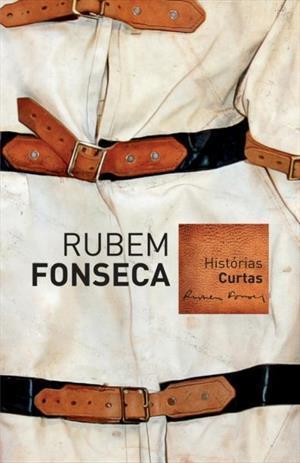
Author

He is an important brazilian writer (novelist, short story writer and screenwriter), born in Juiz de Fora, state of Minas Gerais, but he lived for most of his life in Rio de Janeiro. In 1952, he started his career in the police and became a policy commissioner. Even though, he refuses to do interviews and is a very reclusive person, much like Thomas Pynchon, who is a personal friend of Fonseca. His writing is pretty dark and gritty, filled with violence and sexual content, and it usually happens in a very urban setting. He says that a writer should have the courage to show what most people are afraid to say. His work is considered groundbreaking in Brazilian literature, up until then mostly focused on rural settings and usually treating cities with a very biased point-of-view. Almost all Brazilian contemporary writers acknowledge Fonseca's importance, and quite a few authors from the newer generation, such as Patrícia Melo or Luis Ruffato, say that he's a huge influence. He started his career with short stories, and they are usually considered to be the best part of his work. His first popular novel was "A Grande Arte" (High Art), but "Agosto" is usually considered to be his best work. In 2003, he won the Camões Prize - considered to be the most important award in the Portuguese language - and the Juan Rulfo Prize - award for Latin American and the Caribbean literature.